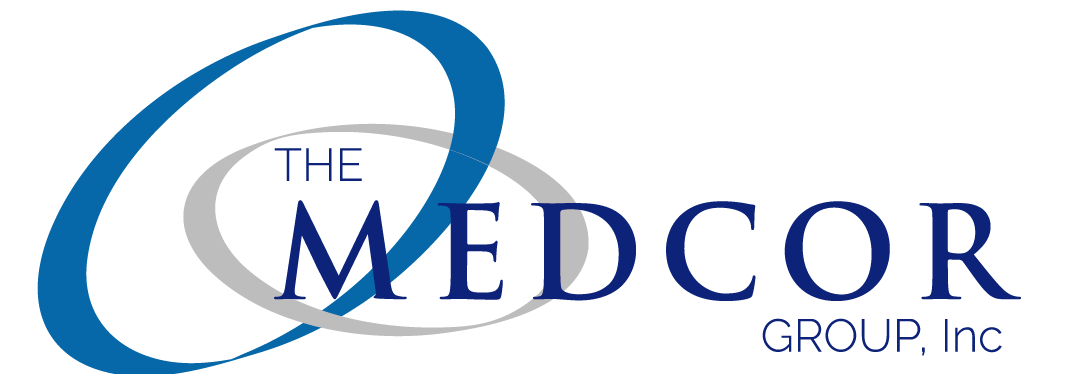With regards to medical billing, the transition from ICD-9-CM to ICD-10-CM is one that has many medical professionals up in arms and worried. The transitional process however isn’t as complex as difficult as many believe it to be. The following is a checklist that contains the basic steps audiologists and language pathologist can take to prepare themselves for said transition.
Assessing and Identifying Current Systems
ICD-10 codes will soon overtake ICD-9 codes and so it is important for healthcare professionals to identify their current processes and systems to determine which ones will be affected. Things like clinical documentation, super bills, existing billing software, virtual health records systems, and quality care reporting systems will all be affected by this transition.
Contact Is Important
Health care professionals will need to contact the clearing houses and electronic billing services they currently work with in order to prepare for this transition. Individuals should ask questions about their plans for the ICD-10 updates, ask when they will be set into place, and when testing on a hospital’s or practice’s systems can begin. The more testing the better.
Changes To Billing/Fees
Healthcare professionals will need to discuss changes to contracts or fee schedules with all of their clients/patients. After the transition to ICD-10 medical billing becomes much more specific and some professionals might either choose or need to modify existing contracts and fees.
Discuss And Expect Bumps In The Road
As is the case with any transition in which technology is involved, expect bumps in the road and hiccups to occur. These bumps and hiccups sometimes have the potential to interrupt workflow and/or slow productivity. Healthcare professionals preparing for this transition would do well to discuss with their entire staff this transition and make preparations for the small bumps in the road. The more prepared a practice or hospital is before this transition begins the last to be affected negatively.
Developing A Strategy
When transitioning to a new standard it’s important to develop and implement a strategy for any practice and/or hospital. These strategies should include not only a budget but a timeline for the transition as well. Obviously no professional wants to rush this transition as doing so can cause a whole host of problems but the transition should not lag either. Clearly defining and adhearing to a timeline can help keep things running smoothly in a practice and can keep expectations realistic.
Training Staff Early
Any time there is a transition or an upgrade in the world of technology staff working with affected technologies will need to be briefed and even trained on the changes. Teaching staff how to work within a new technological environment is extremely advantageous and will help keep a practice’s and/or hospital’s staff as productive as ever. Professionals who wait until the transition is completed or at least well underway to train their staff runs the risk of decreased productivity, mistakes, and delayed billing.
Be Proactive
The ICD-9-CM to ICD-10-CM transition is highly beneficial to those who utilize electronic medical billing. The transition helps to streamline the process and allows medical billing to be more detailed and accurate than it ever has been. In order to make the transition smooth and to get the most out of it once it’s been completed medical professionals must be proactive and not only educate themselves well in advance but afford their staffs the same courtesy.
